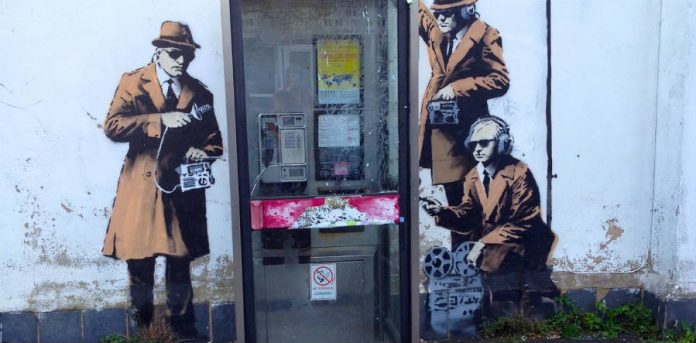
On Monday, the Investigatory Powers Tribunal (IPT) decided the actions carried out by the U.K. government through its security and intelligence agencies for 17 years were “unlawful.”
The ruling comes at a time when many countries and companies see themselves shrouded in security or privacy controversies. Most recently, the U.S. suggested Russia may be behind the DNC leaks as a state agent supporting the movement.
The tech giant Yahoo starred in two security breach catastrophes in the past months, ranging from the largest hack ever in history to the company willfully live-feeding user’s emails to the NSA.
What did the U.K. government do?
British security agencies carried out surveillance activities of controversial nature between 1998 and late 2015. During this 17 year period, the intelligence bodies of the U.K. engaged in the collection of bulk communications data (BCD) under no proper supervision.
The extent of the data collection ranges from individual phone records to web activity of citizens. These compilations include calls, messages, emails, and all the information that might or might not have been contained in them.
In other words, personal data like pictures, passwords, bank accounts, and more might be in the hands of British intelligence agents.
The American whistleblower and privacy advocate Edward Snowden first unveiled the U.K. government was carrying out a mass surveillance program back in 2013. It was part of the data found within the millions of documents leaked by Snowden.
Which British spy agencies were involved?

The Security Service and the Secret Intelligence Service of the United Kingdom, also known as MI5 and MI6 respectively were in charge of the program.
The Government Communications Headquarters (GCHQ) did have a more active role in the privacy violations, enabling the tapping of internet and phone cables across the island to build the citizens’ database.
The digital rights organization Privacy International first brought the issue to the House of Lords back in June 2015.
Monday’s ruling condemned the actions of the security agencies as unlawful citing they failed to comply with Article 8 of the European Convention on Human Rights (ECHR).
What comes next for the intelligence bodies and the U.K.?
While the ruling is quite a statement in the battle for justice over privacy and user rights, it will not have a significant effect in the future. The responsible most likely won’t suffer any consequences either.
The secret endeavors of MI5, MI6, and the GCHQ were part of a surveillance program that became legal last November after Privacy International took legal actions.
The sudden lawfulness of the program renders the IPT ruling effectively useless regarding real justice, as all activities carried out under it are now properly disclosed abiding new policies.
Source: BBC










